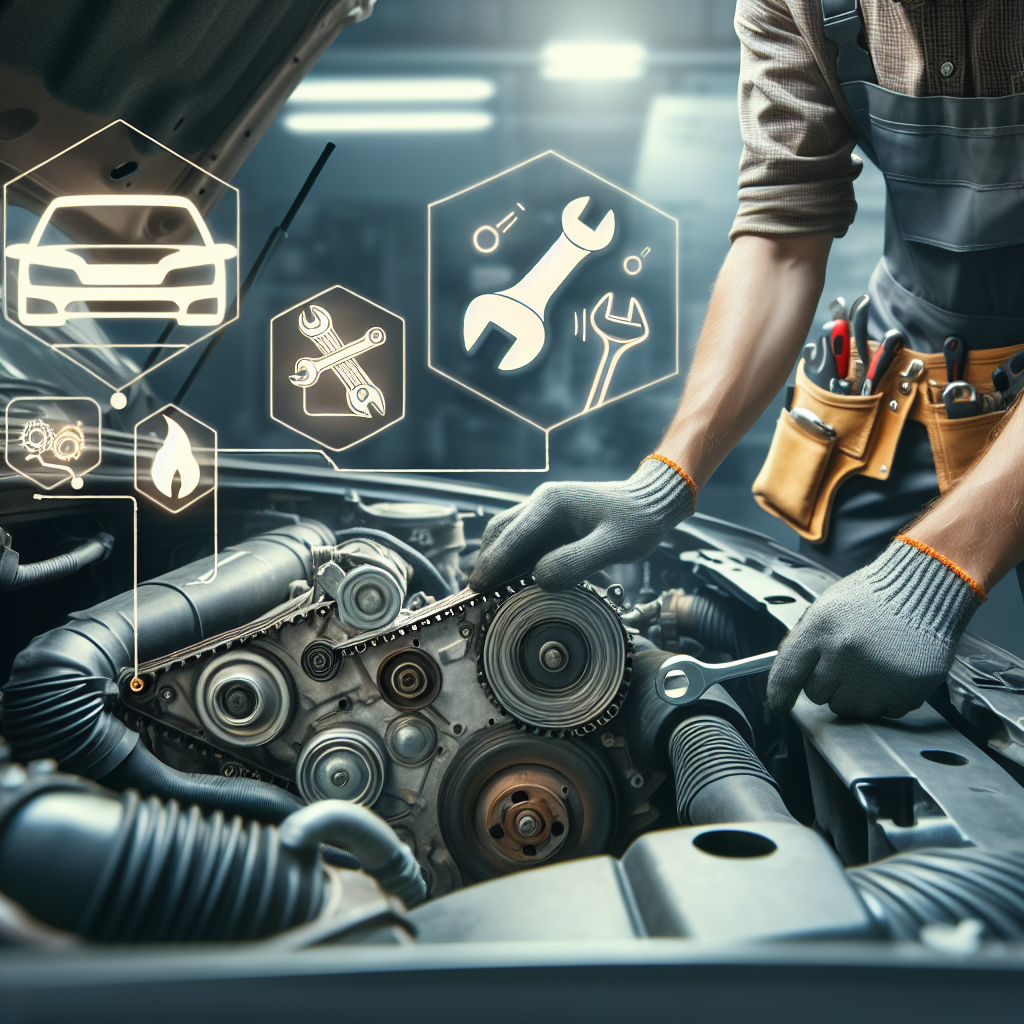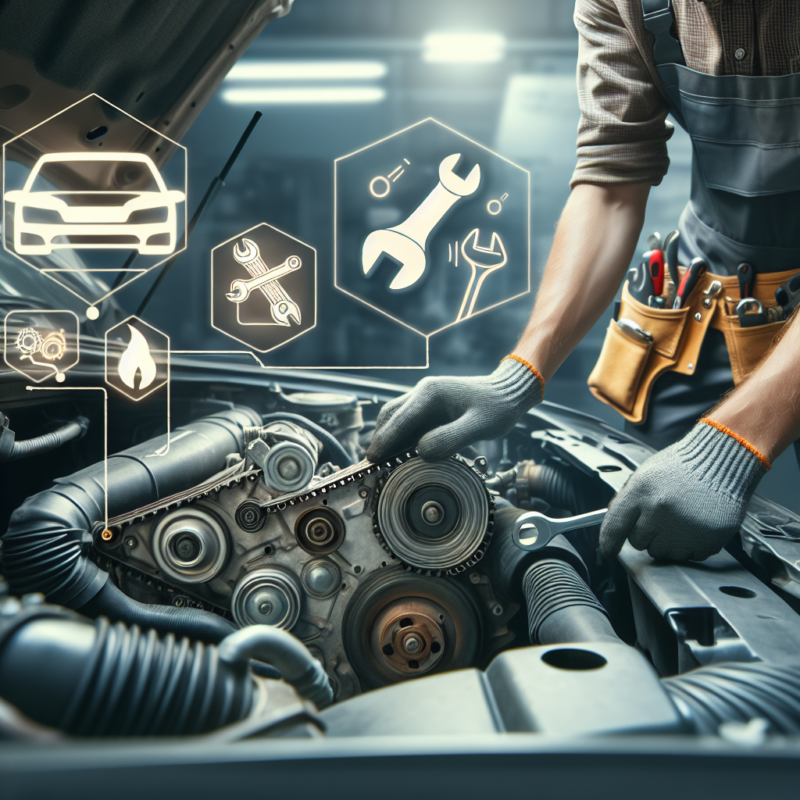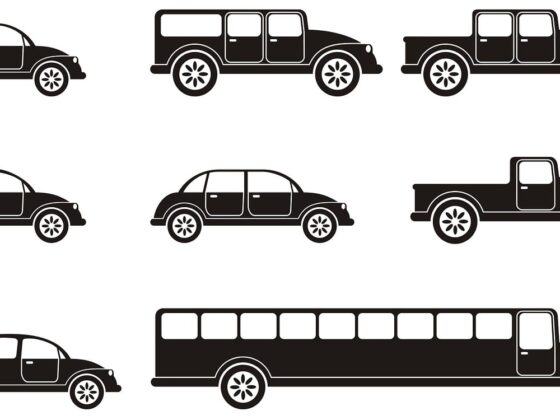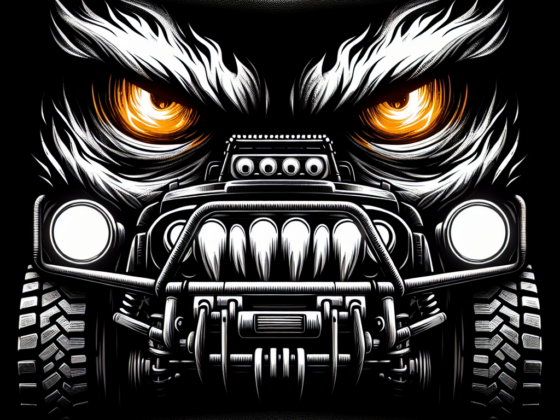Are you experiencing a bothersome rattling noise every time you accelerate? Don’t fret, because in this article, we will guide you through the steps on how to fix that pesky noise. We all know how annoying it can be when your vehicle starts making strange sounds, especially when you hit the gas pedal. But fear not, as we have some simple yet effective solutions that will have your car running smoothly and silently once again. So, buckle up and get ready to say goodbye to that rattling noise for good.
Understanding the Cause of Rattling Noise on Acceleration
When you hear a rattling noise on acceleration in your car, it can be quite concerning. The good news is that in most cases, the cause of the noise can be identified and resolved. In this article, we will explore the common causes of car rattling noises, the correlation between acceleration and car noise, and the symptoms of car problems that manifest as noise. By understanding these aspects, you will be better equipped to diagnose and fix the rattling noise in your car.
Identifying common causes of car rattling noises
There are several common causes of car rattling noises that you should be aware of. One possible cause is a loose or damaged component within the engine bay, such as a loose belt or a malfunctioning pulley. Another common cause is an issue with the exhaust system, such as a loose or damaged muffler. Additionally, problems with the vehicle’s undercarriage, such as loose screws or debris, can also lead to rattling noises. By identifying these common causes, you will have a better idea of where to start troubleshooting.
Understanding the correlation between acceleration and car noise
Acceleration plays a significant role in the manifestation of car noise. When you accelerate, you put additional stress on various components of your car, which can amplify any existing issues. For example, a loose belt may not make much noise at idle, but when the engine revs up during acceleration, the rattling noise becomes more pronounced. Similarly, a problem in the exhaust system may only be noticeable when the engine is under load. Understanding this correlation can help you focus your diagnosis efforts on areas that are more likely to be affected by acceleration.
Recognizing symptoms of car problems manifesting as noise
It is important to recognize the symptoms of car problems that manifest as noise, as they can provide valuable clues about the underlying issue. In addition to the rattling noise on acceleration, you may also notice other symptoms such as a loss of power, a burning smell, or unusual vibrations. These symptoms can be indicators of more serious issues that require immediate attention. By paying close attention to these signs, you can better assess the severity of the problem and take appropriate action.
Importance of Diagnosing the Rattling Noise
Recognizing potential harm of ignoring rattling sounds
Ignoring rattling sounds in your car may seem tempting, especially if they are faint or infrequent. However, it is crucial to understand the potential harm that can arise from ignoring these noises. What may initially seem like a minor annoyance can quickly escalate into a more significant problem. Loose components can become further damaged and may even detach, leading to more severe issues. By promptly addressing the rattling noise, you can prevent further damage and potential safety hazards.
Understanding the implications to the vehicle’s lifespan if not fixed
Neglecting to address the rattling noise in your car can have long-term implications for the vehicle’s lifespan. As mentioned before, what may appear as a minor issue can gradually worsen over time, leading to more extensive damage. Continuous driving with a rattling noise can place additional strain on the affected components, potentially causing them to fail completely. By identifying and fixing the underlying issue, you can prolong the lifespan of your vehicle and avoid costly repairs in the future.
Escalation cost of repairs if neglected
Not only can neglecting the rattling noise lead to more severe damage, but it can also result in higher repair costs. A minor issue that could have been easily resolved may snowball into a major repair job if left unattended. For example, a loose belt may eventually break and damage surrounding components, necessitating costly repairs. By addressing the rattling noise promptly, you can save yourself from expensive repair bills down the line.

Common Areas Where the Noise Might be Coming From
Checking the engine bay
When trying to locate the source of the rattling noise, it is essential to start by inspecting the engine bay. Look for any loose or damaged components, such as belts, pulleys, or brackets. Make sure all components are securely fastened and free from any obvious signs of wear or damage. Additionally, check for any unusual debris or objects that may be causing the noise. By thoroughly examining the engine bay, you can narrow down the potential sources of the rattling noise.
Assessing the exhaust system
Another common area where the rattling noise may originate from is the exhaust system. Inspect the muffler, exhaust pipes, and any other components for signs of damage or looseness. Rattling sounds from the exhaust system can often be attributed to loose brackets or hangers, or even a damaged muffler. Ensure that all connections are secure and any damaged components are promptly repaired or replaced.
Inspecting the vehicle’s undercarriage
The undercarriage of your vehicle is another area where the rattling noise may be originating from. Carefully inspect the undercarriage for loose screws, bolts, or other debris that may have become lodged. Any loose objects or debris can create vibrations that result in the rattling noise. If you find any loose screws or debris, remove them and tighten any loose components. By thoroughly examining the undercarriage, you can eliminate this area as a potential source of the noise.
Troubleshooting Techniques for Rattling Noise
Inspecting the vehicle’s belts
One troubleshooting technique for addressing the rattling noise is to inspect the vehicle’s belts. Over time, belts can become loose or worn, resulting in a rattling noise. Start by visually inspecting the belts for any signs of wear, such as cracks or fraying. Additionally, check the tension of the belts by pressing on them gently. If the belts feel loose, they may need to be tightened or replaced. By ensuring that the belts are in good condition and properly tensioned, you can eliminate them as a potential cause of the rattling noise.
Checking the vehicle’s exhaust
Another troubleshooting technique is to check the vehicle’s exhaust system. As previously mentioned, loose brackets, hangers, or a damaged muffler can cause rattling sounds. Start by visually inspecting the entire exhaust system for any visible signs of damage or looseness. If you notice any issues, such as a loose bracket, tighten or replace it as needed. If the muffler is damaged, it may need to be repaired or replaced entirely. By addressing any exhaust system issues, you can eliminate them as a potential source of the noise.
Looking for loose screws or debris in the undercarriage
When troubleshooting the rattling noise, it is essential to inspect the vehicle’s undercarriage for loose screws or debris. These loose objects can create vibrations that result in the rattling noise. Thoroughly examine the undercarriage and remove any loose screws or debris that you find. Additionally, tighten any loose components that may be causing the noise. By eliminating loose screws and debris from the undercarriage, you can resolve the rattling noise and prevent any further damage.
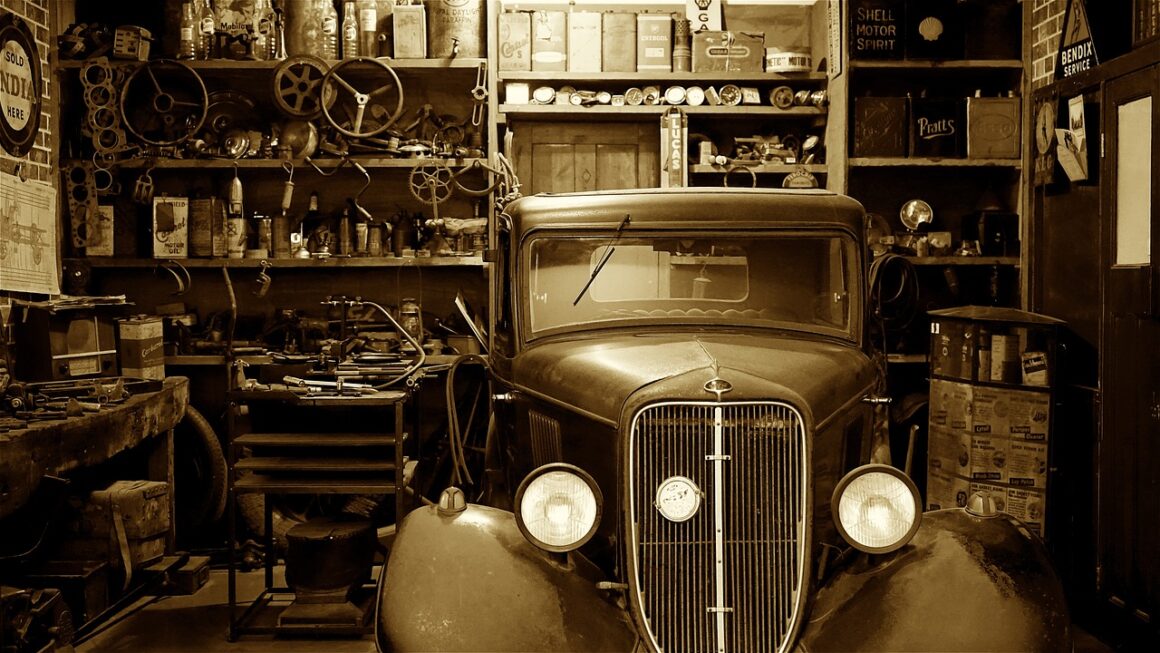
Assessing the Transmission & Drive Train
Identify signs of transmission-related noises
When it comes to the rattling noise on acceleration, the transmission and drivetrain components can also be a potential source. Pay close attention to any signs of transmission-related noises, such as grinding or clunking sounds. These noises can indicate issues with the transmission, such as worn gears or a failing clutch. If you notice any unusual noises during acceleration, it is important to have the transmission inspected by a professional to identify and address any underlying issues.
Understanding interplay between transmission and acceleration
The interplay between the transmission and acceleration is crucial to understanding the rattling noise. The transmission is responsible for transferring power from the engine to the wheels, allowing the vehicle to accelerate. If there is a problem with the transmission, such as worn-out gears or a slipping clutch, it can result in a rattling noise during acceleration. By recognizing this interplay, you can focus your troubleshooting efforts on the transmission and related components.
Check fluid levels in transmission
One important aspect of assessing the transmission is to check the fluid levels. Low fluid levels can contribute to transmission-related issues, including rattling noises. Consult your vehicle’s manual to locate the transmission fluid dipstick, and check the fluid level. If the fluid is low, top it up to the recommended level. Additionally, pay attention to the color and consistency of the fluid. If the fluid appears dark or has a burnt smell, it may indicate a potential problem and should be inspected by a professional.
Checking Engine Components
Evaluating engine health
When experiencing a rattling noise on acceleration, it is essential to evaluate the overall health of the engine. Engine problems can manifest as noise, and identifying any underlying issues can help address the rattling noise. Perform routine maintenance tasks such as checking the oil levels, inspecting the air filter, and ensuring proper fuel delivery. Any deficiencies in these aspects can contribute to engine-related noise and should be rectified promptly.
Checking for damaged pistons or valves
Damaged pistons or valves can also be a potential source of the rattling noise. Over time, these components can become worn or damaged, resulting in noise during acceleration. If you suspect issues with the pistons or valves, it is recommended to have the engine inspected by a professional. They can perform a thorough assessment, including a compression test, to determine the health of these critical components.
Assessing the status of the vehicle’s timing chain
The timing chain is another engine component that can contribute to a rattling noise on acceleration. A worn or loose timing chain can create a rattling sound as the engine revs during acceleration. Carefully inspect the timing chain for any signs of wear or looseness. If you notice any issues, such as a loose or worn-out chain, it should be replaced promptly. By maintaining a properly functioning timing chain, you can eliminate it as a potential source of the noise.
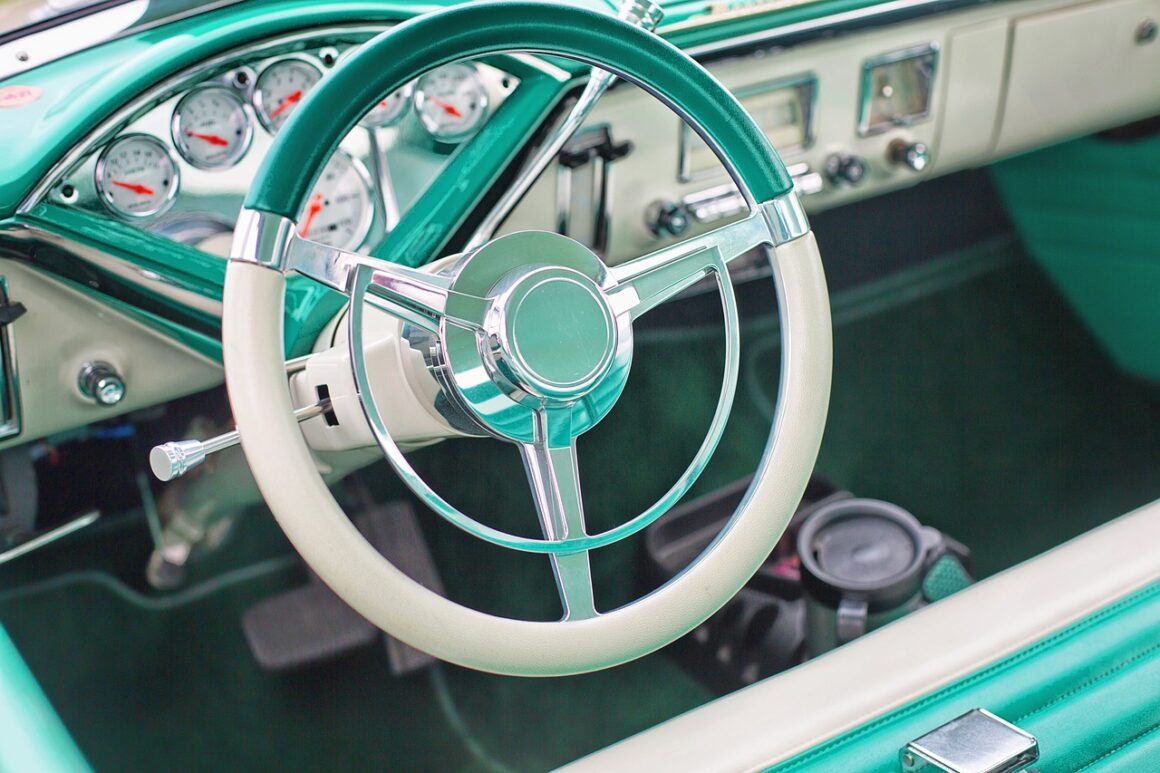
Inspecting the Suspension
Understanding the function of the car’s suspension
The car’s suspension plays a vital role in providing a smooth and comfortable ride. It absorbs shocks from uneven road surfaces and helps maintain vehicle stability. When it comes to the rattling noise on acceleration, issues with the suspension system can also be a factor. Understanding the function of the suspension system, including components such as control arms, bushings, and stabilizer bars, can help in troubleshooting the noise.
Analyzing suspension-related noises
Suspension-related noises can manifest as rattling sounds during acceleration. Loose or worn-out components within the suspension system, such as control arm bushings or stabilizer links, can cause vibrations that result in rattling noises. Carefully inspect each component for signs of wear or looseness. If any issues are identified, replace or repair the affected components as necessary.
Checking the vehicle’s shock absorbers and struts
Shock absorbers and struts are essential components of the suspension system. Faulty or worn-out shock absorbers can result in rattling noises, especially during acceleration. Visually inspect the shock absorbers and struts for any signs of leakage or damage. Additionally, check for any unusual movements or bounce when applying pressure to the vehicle’s corners. If you notice any irregularities, it may be necessary to have the shock absorbers and struts inspected and replaced by a professional.
Role of Acceleration Systems in the Rattling Noise
Analyzing how acceleration affects vehicle noise
Acceleration systems, such as the throttle and fuel delivery components, can also contribute to the rattling noise. When you press on the accelerator, these systems work together to increase engine power and propel the vehicle forward. Any issues with these systems, such as a faulty throttle body or a clogged fuel injector, can result in a rattling noise during acceleration. Pay attention to any unusual noises or vibrations that coincide with pressing the accelerator pedal, as they can indicate potential issues with these components.
Identifying defects in the vehicle’s acceleration system
To troubleshoot the rattling noise, it is important to identify any defects in the vehicle’s acceleration system. Start by visually inspecting the components, such as the throttle body and fuel injectors, for any signs of damage or wear. Additionally, consider performing a diagnostic scan to check for any error codes related to the acceleration system. If any defects are identified, repair or replace the affected components to eliminate them as potential sources of the noise.
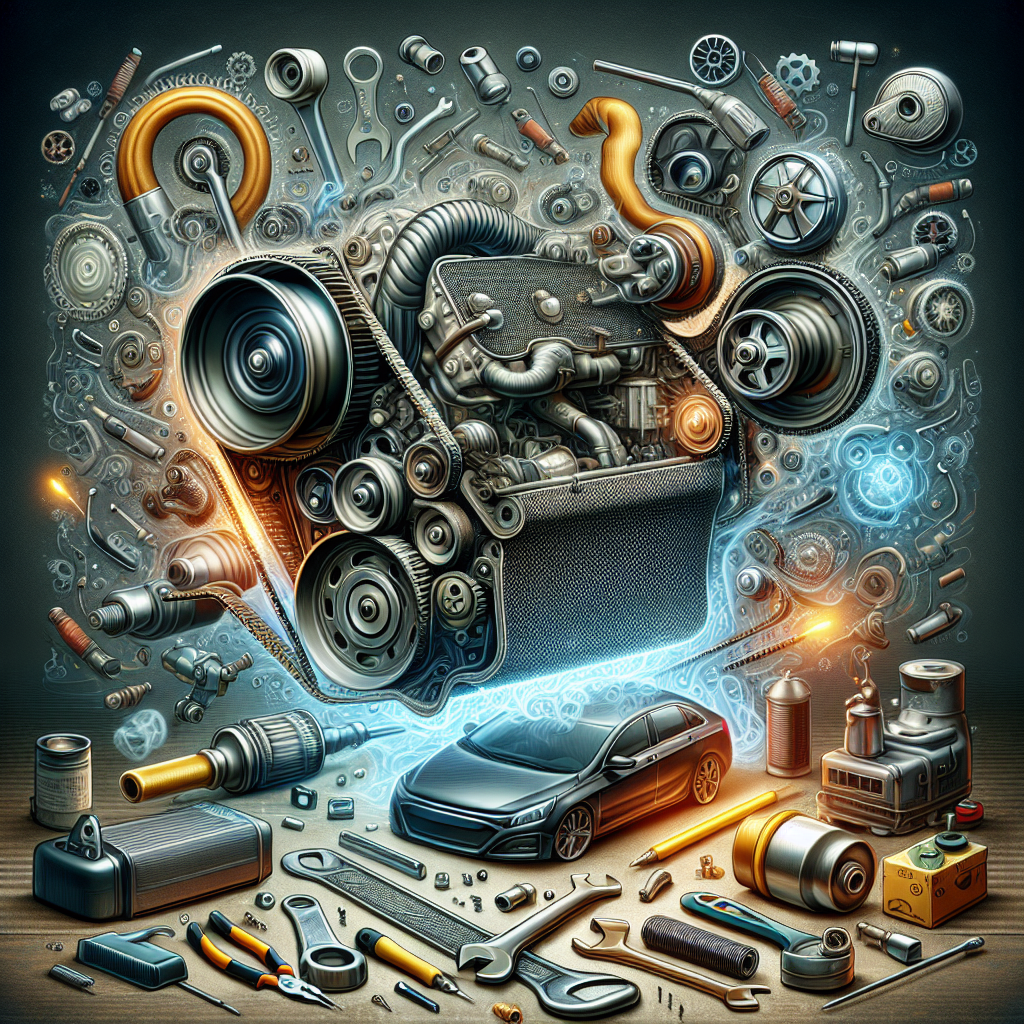
DIY Tips to Fix Rattling Noise on Acceleration
Using padding or insulation
One DIY tip to fix the rattling noise on acceleration is to use padding or insulation. If you have identified the source of the noise, such as a loose component, you can use padding materials, such as foam or rubber, to secure it in place. Similarly, if there is any contact between two metal components causing the noise, you can use insulation materials to dampen the vibrations. By applying padding or insulation, you can effectively reduce or eliminate the rattling noise.
Tightening loose screws
If the rattling noise is caused by loose screws or bolts, a simple DIY fix is to tighten them. Carefully inspect the affected area and identify any loose screws. Using the appropriate tools, tighten them until they are securely fastened. Be mindful not to overtighten, as it may damage the components. By tightening loose screws, you can eliminate the rattling noise and ensure that the affected components are properly secured.
Servicing your vehicle regularly
Regular maintenance and servicing of your vehicle can help prevent and address rattling noise issues. Follow the manufacturer’s recommended maintenance schedule and have your vehicle inspected by a professional regularly. Routine maintenance tasks, such as oil changes, filter replacements, and fluid checks, can help ensure that your vehicle is in optimal condition. By servicing your vehicle regularly, you can catch any potential issues early on and prevent them from escalating into rattling noise problems.
When to Seek Professional Help
Identifying signs of serious car issues
While DIY troubleshooting and fixes can resolve many rattling noise issues, there are instances where professional help is necessary. If you notice any signs of serious car issues, such as a loss of power, excessive vibrations, or unusual smells, it is recommended to seek professional help. These symptoms may indicate more severe underlying problems that require specialized knowledge and equipment to diagnose and repair. Do not hesitate to consult a trusted mechanic to ensure your vehicle’s safety and reliability.
Finding a trusted mechanic
When seeking professional help for your rattling noise issue, it is important to find a trusted mechanic. Look for certified technicians with experience in diagnosing and repairing rattling noises. Ask for recommendations from friends, family, or online forums for reputable mechanics in your area. Additionally, choose a mechanic who specializes in your vehicle’s make and model, as they will have a better understanding of its specific requirements. By finding a trusted mechanic, you can have peace of mind knowing that your rattling noise issue will be addressed by a knowledgeable professional.
Understanding the cost of professional repair
Before seeking professional help, it is helpful to have an understanding of the potential cost of repair. Rattling noise issues can vary in complexity and severity, which can impact the cost of repairs. Factors such as the source of the noise, the required replacement parts, and the labor involved can all contribute to the overall cost. Consult with your chosen mechanic to get an estimate for the repair work needed. This will allow you to make an informed decision and budget accordingly for the professional repair services.
In conclusion, understanding the cause of a rattling noise on acceleration is key to resolving the issue effectively. By identifying common causes, recognizing the importance of diagnosing the noise, checking various components, and employing troubleshooting techniques, you can troubleshoot and fix the rattling noise in your car. Whether through DIY tips or seeking professional help, addressing the rattling noise promptly ensures the longevity and reliability of your vehicle. So don’t delay, start diagnosing and fixing that rattling noise on acceleration today!
